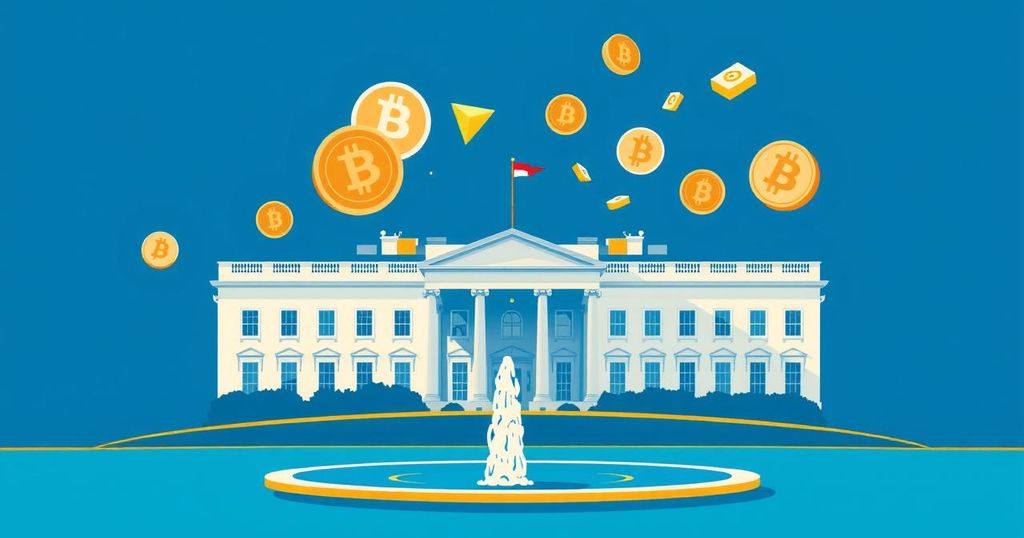US Congress Unveils New Crypto Regulation Bill with Key Changes
The U.S. has released a new crypto market structure bill that clarifies regulatory responsibilities between the SEC and CFTC. It introduces a decentralisation test for crypto projects, eases investment restrictions for retail investors, and provides definitions for DeFi and stablecoins without categorizing them as securities. This bill could reshape the U.S. cryptocurrency landscape significantly.
The wait is finally over as the U.S. Congress has introduced a long-awaited crypto market structure bill. Released by the House Financial Services and Agriculture Committees, this new draft aims to clearly delineate the regulatory responsibilities for various aspects of the cryptocurrency landscape. This shift could significantly impact how the crypto market evolves in the coming years.
One of the major contrasts with the earlier FIT21 proposal is the balance struck in the current bill regarding the oversight of crypto assets. While previously the SEC’s authority seemed to be diminishing, the current draft maintains that the SEC will oversee crypto tokens treated like investment contracts. Meanwhile, the CFTC will manage crypto commodities, a decision that reflects a more balanced regulatory approach.
Justin Slaughter from Paradigm points out that while the CFTC will predominantly steer the ship, the SEC retains some regulatory control, particularly until a project can demonstrate decentralisation. A new, formal “decentralisation test” has been introduced, which sets specific criteria for projects seeking regulatory understanding. Essentially, they must avoid single-party control and disclose large holders (those holding more than 10%) to ensure transparency.
Moreover, there are defined conditions for a blockchain to be seen as “mature.” This definition requires openness, functionality, and decentralisation, with no more than 20% of the blockchain’s holdings concentrated in one entity.
In a win for retail investors, the bill now removes previous barriers regarding high income or wealth requirements, thereby making it easier for everyday individuals to enter the crypto market. This development is likely to widen participation beyond the wealthy, thereby democratizing access to cryptocurrency investments.
The specifics of DeFi (Decentralized Finance) protocols are also clarified, with fully automated systems that do not hold client funds likely exempt from stringent regulations. The bill even addresses stablecoins but stops short of classifying them as securities, which has opened the conversation for future regulation. This clarity comes amid the political challenges faced by separate legislation, the GENIUS Act, concerning stablecoins, which is still navigating through the Senate’s hurdles.




Post Comment